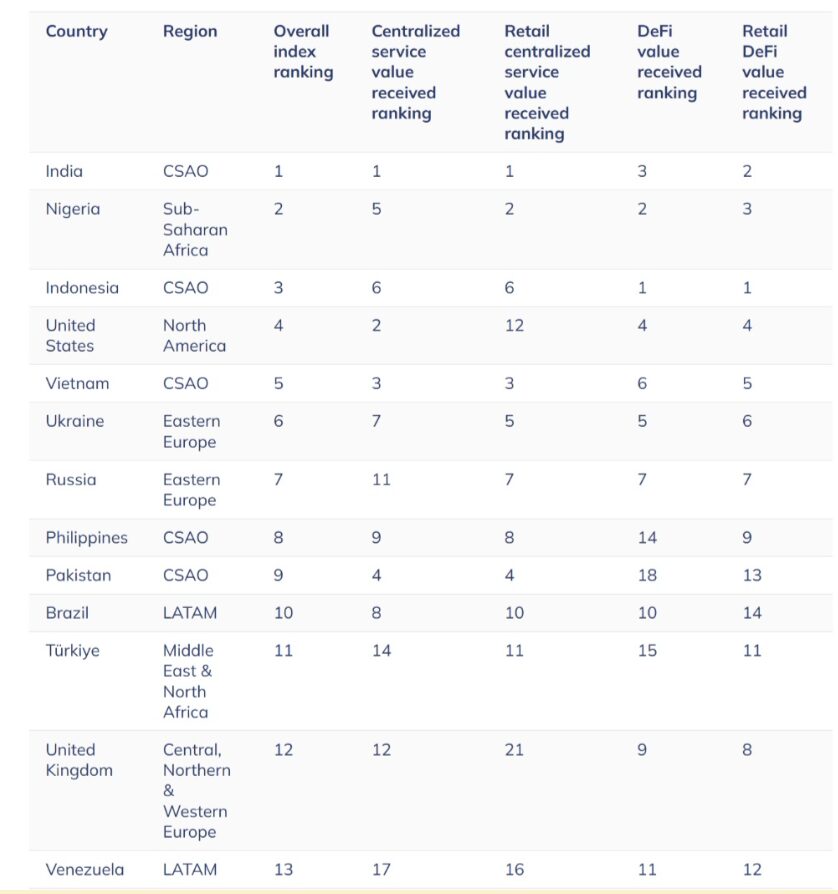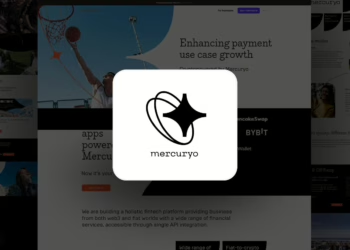Quick Breakdown:
- Venezuelans are increasingly adopting cryptocurrencies to escape hyperinflation and a collapsing bolívar.
- Shops, universities, and employers now use stablecoins like USDT for payments and salaries.
- Crypto remittances accounted for $461M in 2023, becoming a key financial lifeline for families.
Cryptocurrencies are becoming a financial lifeline in Venezuela, where citizens increasingly rely on digital assets to counter a collapsing currency and tighter government controls, according to Financial Times.
From small convenience stores to retail chains, shops nationwide now accept payments in crypto via platforms such as Binance and Airtm, while some businesses are paying employees in stablecoins. Even universities have introduced courses dedicated to blockchain and digital assets.
“There’s lots of places accepting it now,”
shopper Victor Sousa told the Financial Times after paying for phone accessories with Tether (USDT).
“The plan is to one day have my savings in crypto.”
According to Chainalysis’ 2024 Global Crypto Adoption Index, Venezuela ranked 13th worldwide, recording a 110% jump in usage over the past year.

Stablecoins and Remittances Rise Amid Currency Freefall
The sharp decline of the bolívar has accelerated adoption. Since the government stopped defending the currency in October, it has lost more than 70% of its value, while annual inflation reached 229% in May, figures from the Venezuelan Finance Observatory (OVF) show. Economist Aarón Olmos said Venezuelans turned to cryptocurrencies “out of necessity,” citing inflation, low wages, and difficulties accessing foreign currency or traditional banking.
Crypto remittances have also emerged as a vital channel for families. In 2023, digital assets accounted for roughly 9% of the $5.4 billion in remittances sent to Venezuela, about $461 millio,n surpassing traditional services like Western Union, burdened by high fees and shortages of hard currenc,y according to the report.
Adoption Expands Despite Regulatory and Technical Hurdles
Despite the surge, challenges remain. U.S. sanctions on Venezuela’s financial sector have forced Binance to restrict services tied to sanctioned banks and individuals, while connectivity issues slow adoption in rural regions, Per FT. This stands in contrast to 2022, when Venezuelan banks began flagging and suspending accounts linked to crypto transactions, with over 75 cases recorded by Legalrocks, a local law firm. Yet the ecosystem continues to expand, positioning crypto as a parallel economy in one of the world’s most inflation-stricken countries.
If you would like to read more articles like this, visit DeFi Planet and follow us on Twitter, LinkedIn, Facebook, Instagram, and CoinMarketCap Community.
Take control of your crypto portfolio with MARKETS PRO, DeFi Planet’s suite of analytics tools.”






















